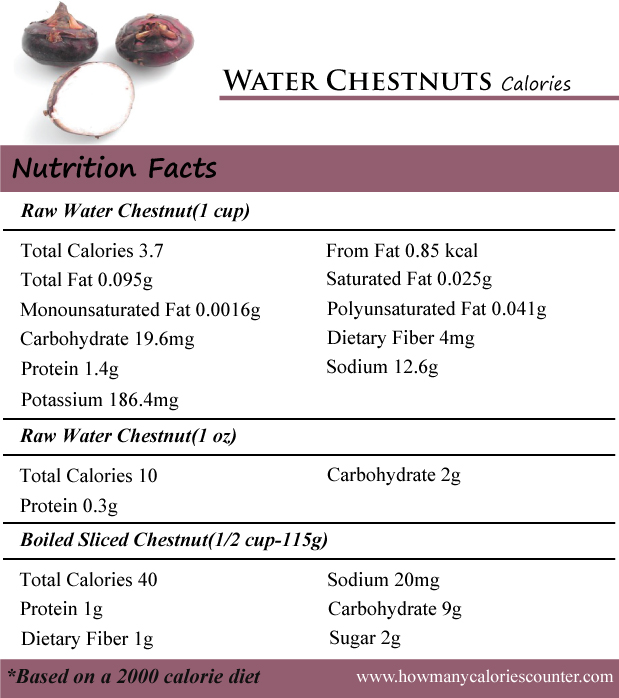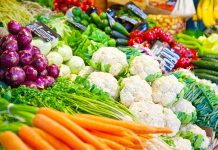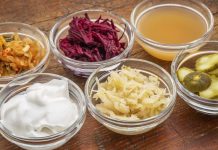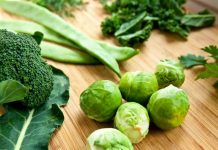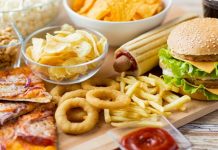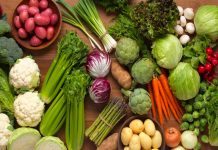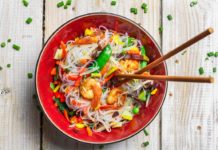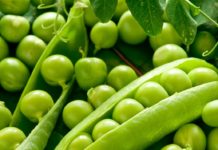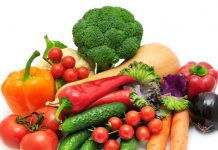Water Chestnuts may be consumed in their raw form as well as in boiled or other cooked forms. The calorie content in each of these forms is different and so is the amount of other micronutrients. Water chestnut is extremely low in fat and this is the reason it is recommended by various dieticians for individuals planning to maintain or reduce weight.
One cup of raw water chestnut contains 79 calories out of which merely 0.85 calories are obtained from fat. The total fat content in an equal quantity of raw water chestnut is 0.095 gram consisting of 0.025 gram saturated fat, 0.041 gram polyunsaturated fat content and 0.0016 gram of monounsaturated fat content. It contains a total of 19.6 mg carbohydrate, 4 mg dietary fiber, 1.4 grams protein, 12.6 gram sodium and 186.4 mg potassium. It also contains various essential vitamins and minerals including vitamin C, thiamin, niacin, riboflavin, vitamin B6, vitamin E, copper, iron, calcium, magnesium, phosphorus, selenium and zinc.
One oz of raw water chestnut contains 10 calories which are obtained from carbohydrates and proteins. The total carbohydrate content in 1 oz of raw water chestnut is 2 grams and protein content in it is 0.3 gram.
Water Chestnut is also preferred in its boiled form. Half a cup of boiled sliced chestnut weighing around 115 grams contain 40 calories and none of the calories in it is obtained from fat. The sodium content in an equal serving of boiled chestnut is 20 mg, protein content is 1 gram, carbohydrate content is 9 grams, dietary fiber content in it is 1 gram and sugar content is 2 grams.
You may also cook water chestnut by adding oil, spices and certain other ingredients to enhance its taste. The calorie content in water chest prepared using this method may vary based on the amount and kind of ingredients added to it.

